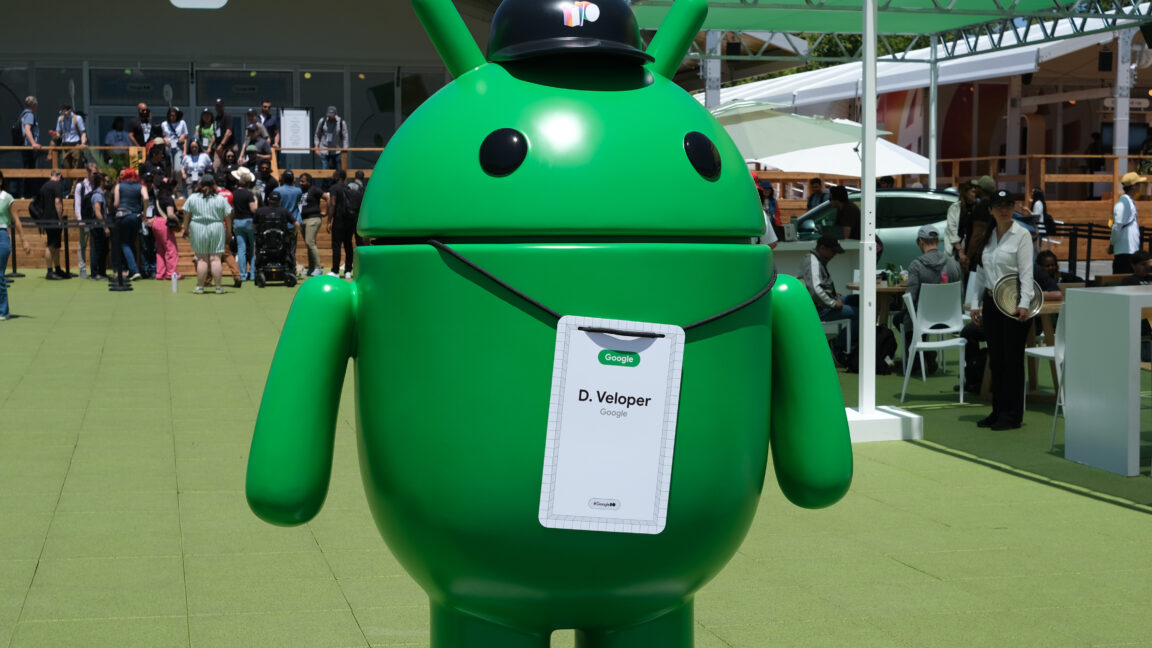
"Google plans to begin testing this system with early access in October of this year. In March 2026, all developers will have access to the new console to get verified. In September 2026, Google plans to launch this feature in Brazil, Indonesia, Singapore, and Thailand. The next step is still hazy, but Google is targeting 2027 to expand the verification requirements globally."
"Among other things, the court has ordered that Google must distribute third-party app stores and allow Play Store content to be rehosted in other storefronts. Giving people more ways to get apps could increase choice, which is what Epic and other developers wanted. However, third-party sources won't have the deep system integration of the Play Store, which means users will be sideloading these apps without Google's layers of security."
Google will require apps to have verified developer identities to be installable on certified Android devices, applying to devices with Google services. Testing with early access begins in October, developer console access in March 2026, launches in Brazil, Indonesia, Singapore, and Thailand in September 2026, and broader expansion targeted for 2027. The change overlaps with the Google Play antitrust case outcomes that force distribution of third-party app stores and rehosting of Play Store content. Third-party app stores will lack Play Store system integration, leading users to sideload apps without Google's security layers. Enforcing a near-universal installation whitelist raises concerns about heavy-handed control over app distribution and developer compliance requirements.
Read at Ars Technica
Unable to calculate read time
Collection
[
|
...
]